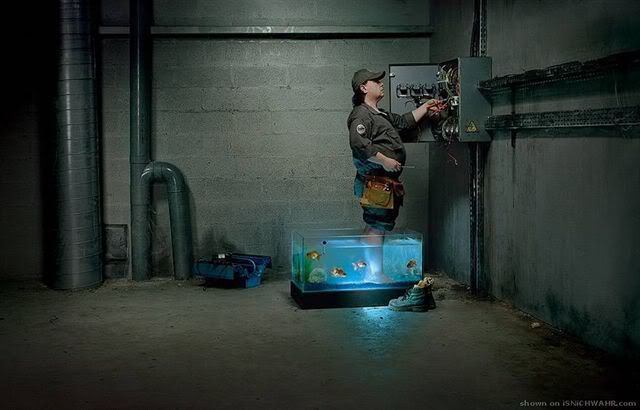Jesus Christ. Don't listen to some these posts, OP. That's a recipe for disaster.
If you kill the main service disconnect, the lugs coming from the PoCo's side of the panel are still hot and carrying the full 240V @ 200A, or whatever your service is. If you don't know what this means, then really, you need to study up a lot more before attempting or hire it out.
The main service disconnect kills everything downstream from it, which is... everything. If yours doesn't, then you likely have a serious code violation on your hands.
The "big leads" will kill you if you touch them, even if you shut off your service disconnect. If you want those to be de-energized, then you either need to have a pull disconnect upstream from the meter (unlikely) or have the PoCo pull the meter. My PoCo won't put the meter back in without the city inspector's tag, signature and date taped to panel. If your PoCo is anal, you could very well end up in the dark for weeks while you traverse the permitting process, then get an inspection.
If you want to do this yourself, please permit it. We just had a house fire this past year because I failed to find some unpermitted and faulty electrical work (burried under a foot of attic insulation).
Edit: Perhaps this will help show the seriousness of this. Here's pictures of what it looked like the morning after the fire department gutted the attic above my living room. I'm extremely lucky I didn't lose the whole house and nobody died.
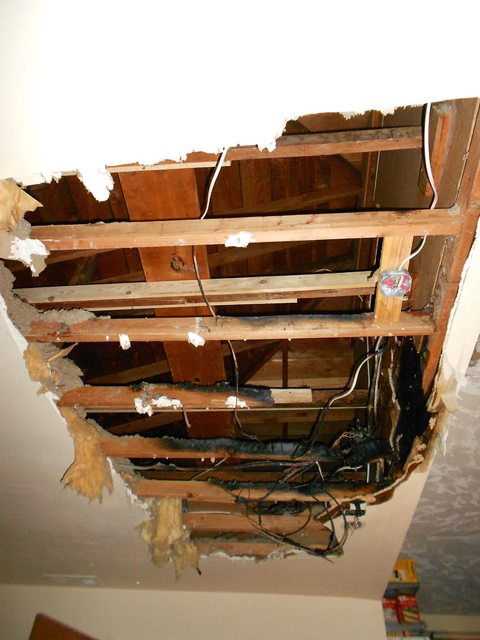
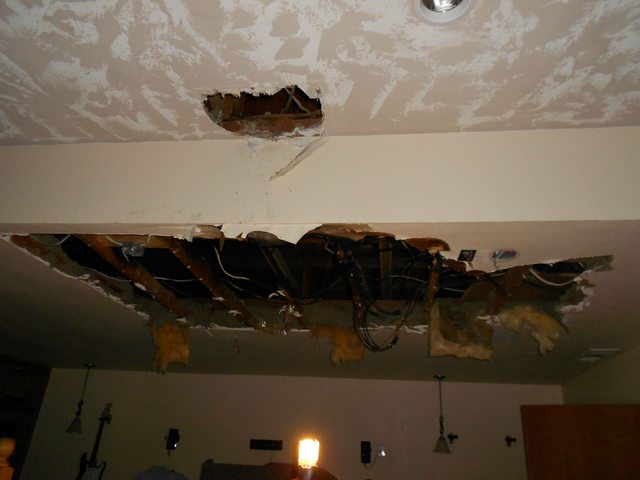
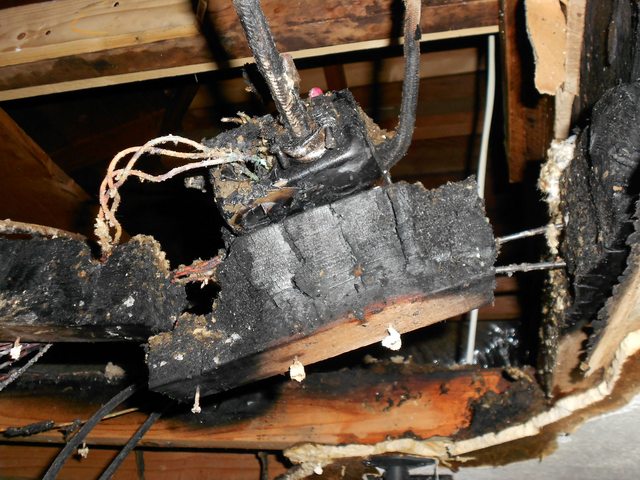
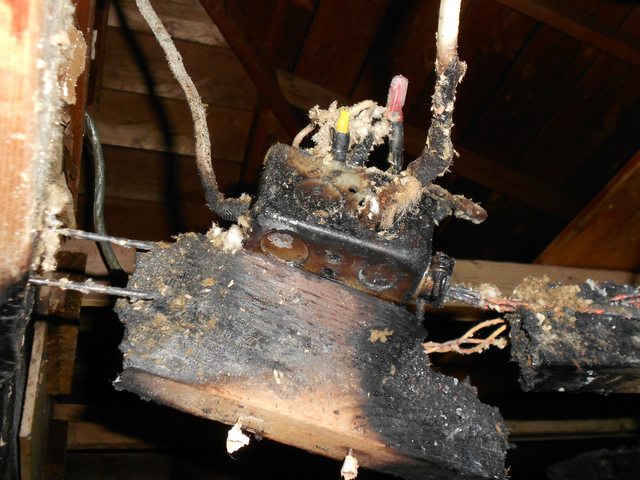
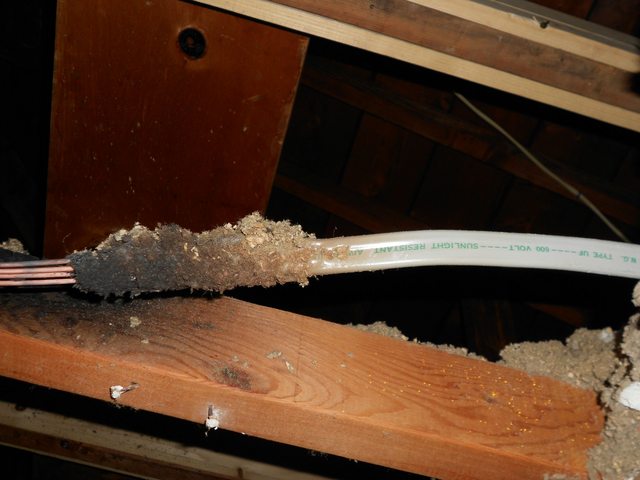
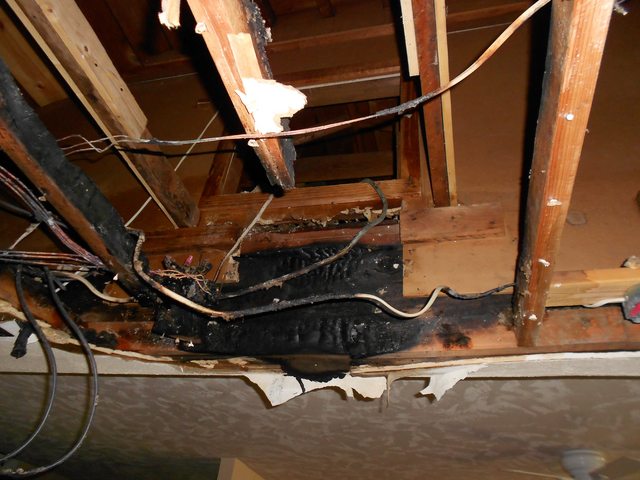
Total cost was about $45,000 and counting.









